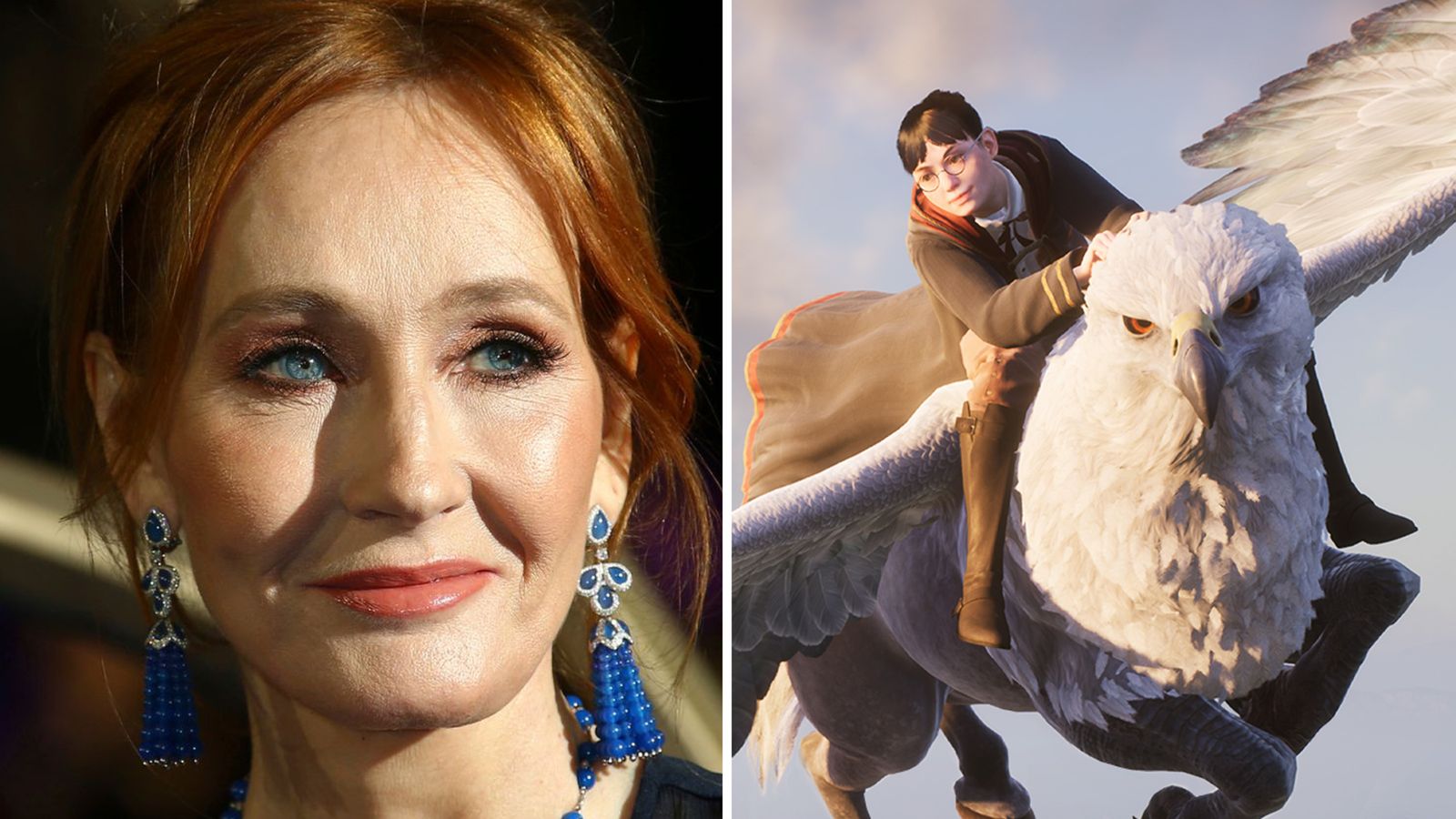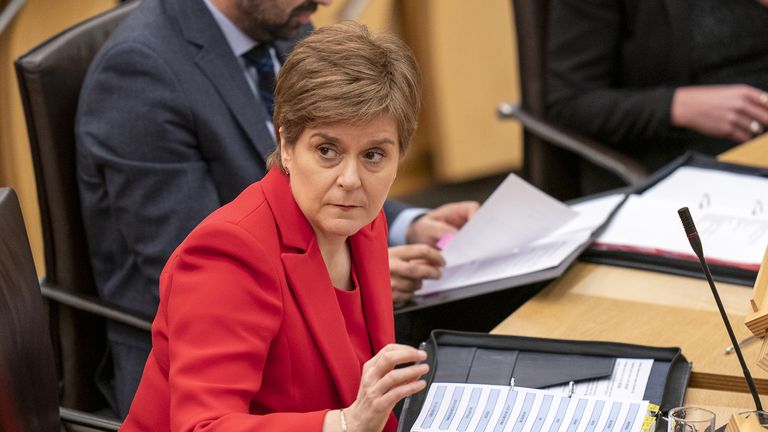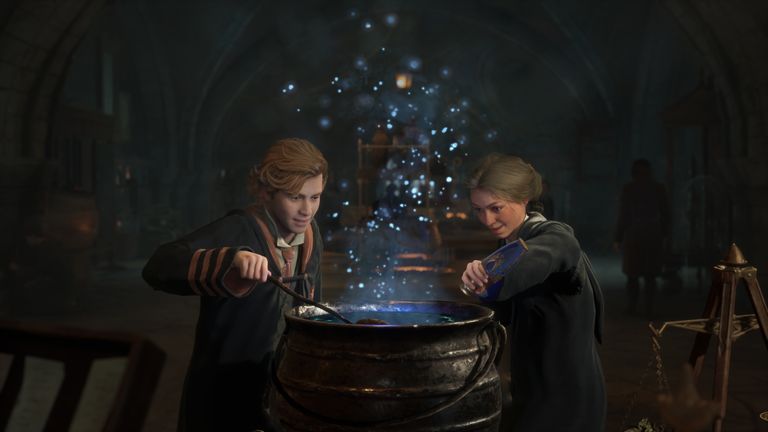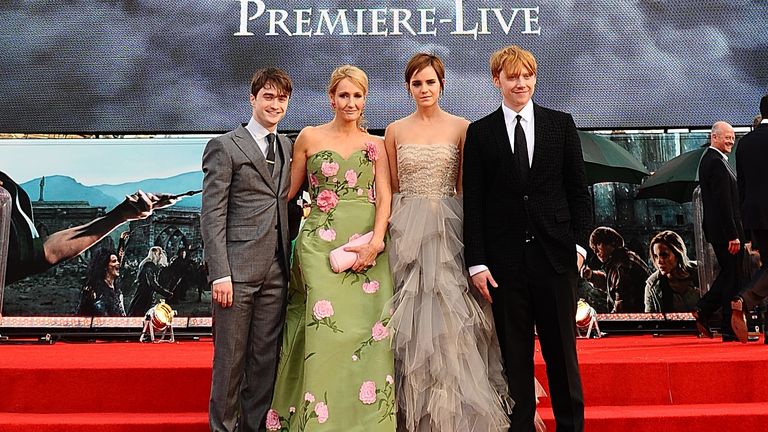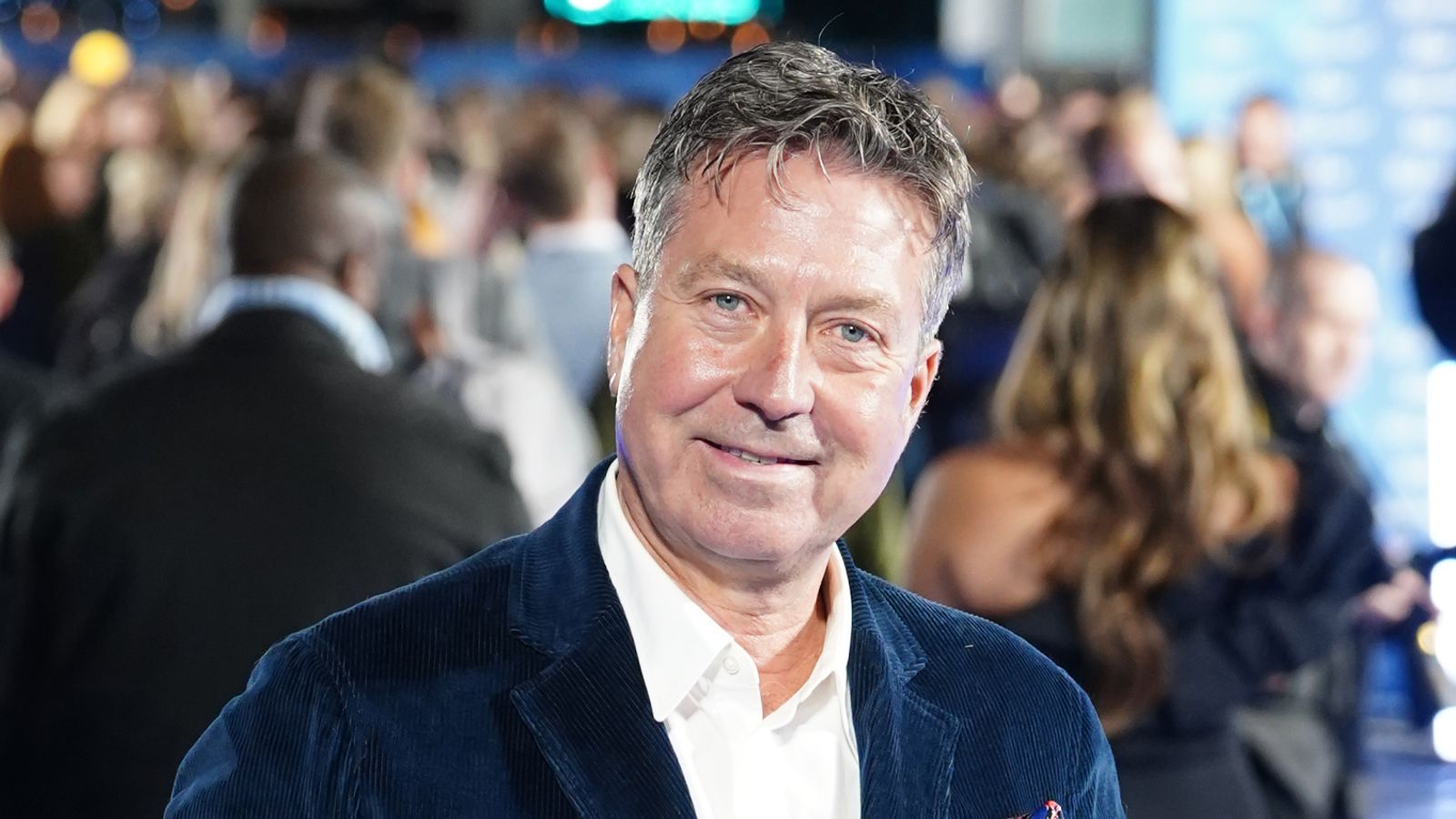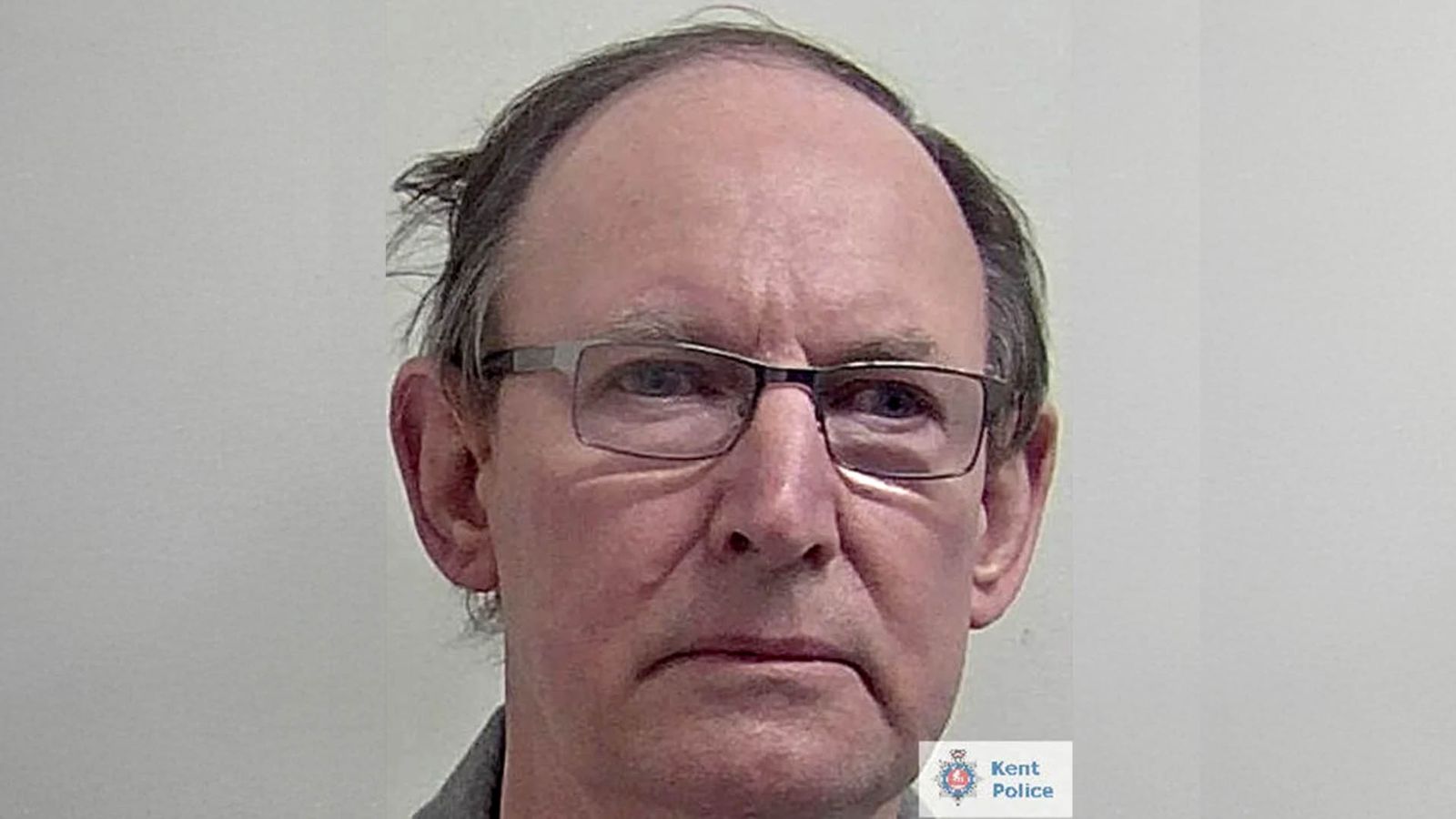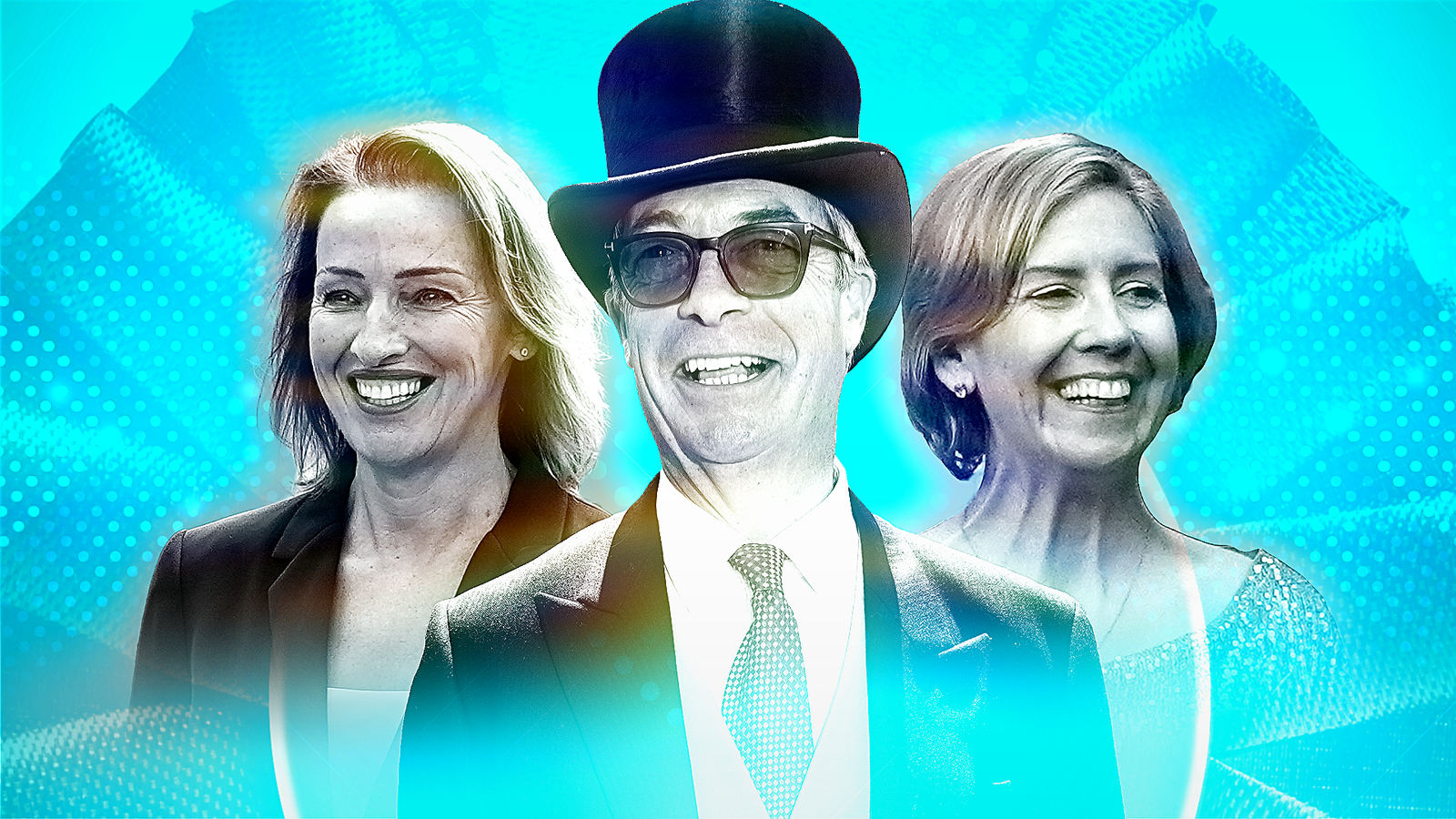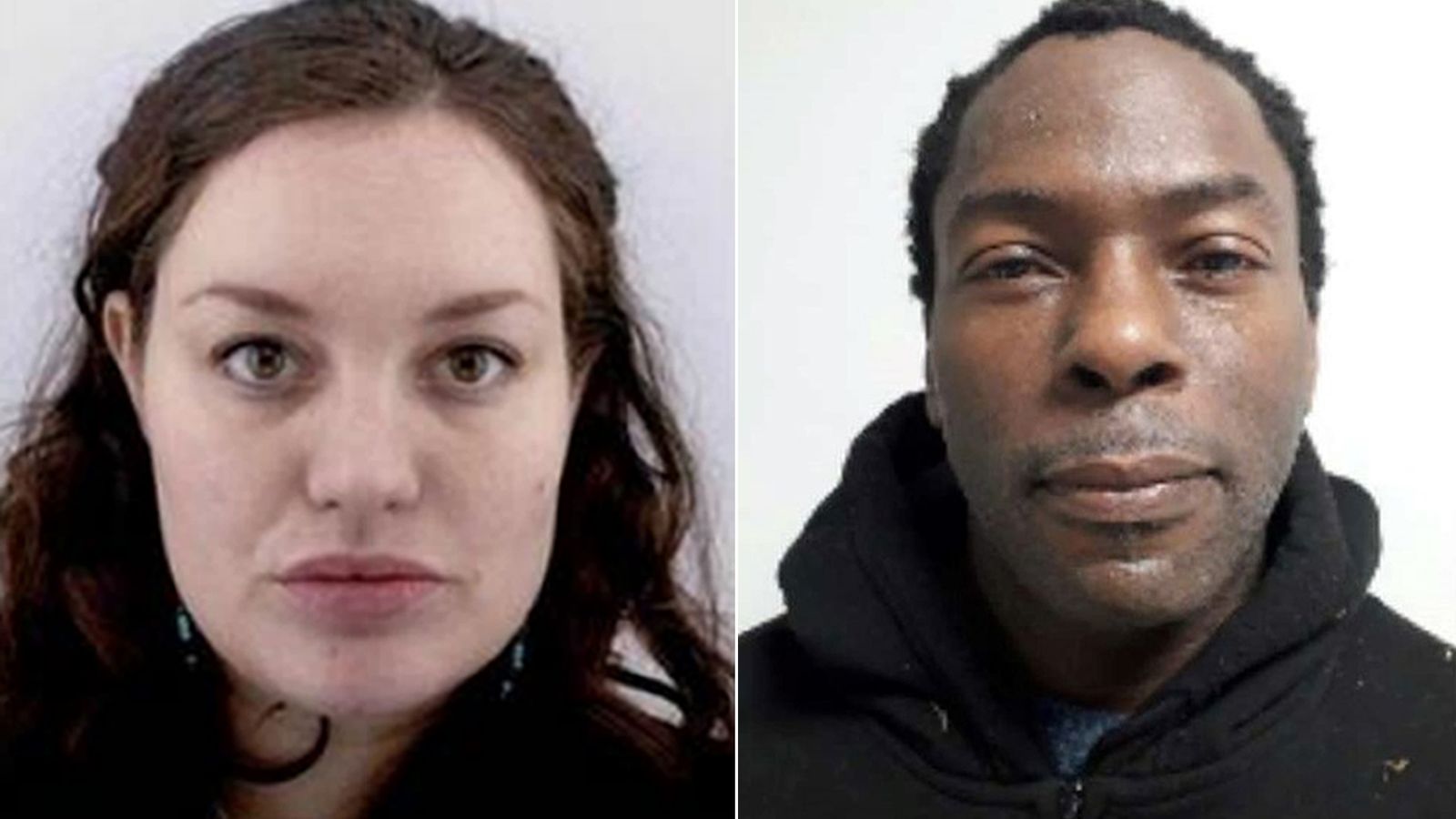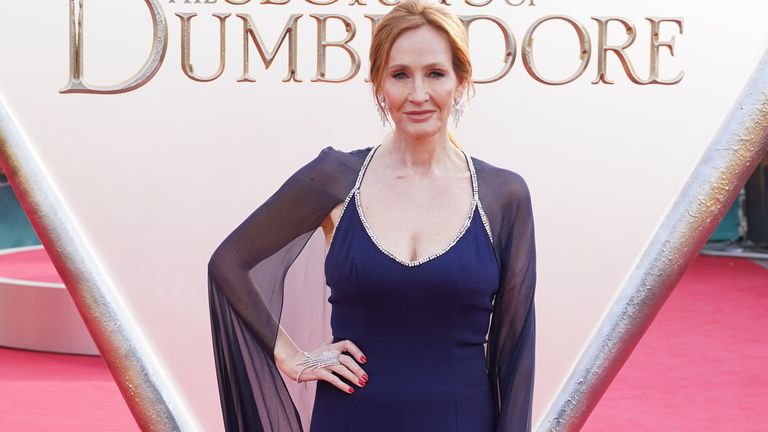
“It’s people like you that are making the world a worse place.”
That’s one of the milder pieces of feedback Maysa Pritilata has received for encouraging people not to buy the upcoming video game Hogwarts Legacy.
Widely expected to be one of the biggest games of the year so far when it launches this week, it gives players the chance to become their own witch or wizard in JK Rowling‘s fantasy world.
It’s the first release in more than a decade of a major new Harry Potter game. It’s also the first big new game in the franchise since Rowling’s stance on transgender rights became a subject of public debate.
Search for the game online and you don’t have to look far to find opposition among the excitement; a Twitter video encouraging people to boycott has amassed more than nine million views; gaming forum ResetEra has banned all mention of the game; major site GameSpot published an essay about Rowling’s “anti-transgender stance”; and a fundraiser asking people to donate to a trans charity instead of buying the game has amassed more than £6,000.
For Maysa, a trans woman whose article about Hogwarts Legacy for openDemocracy brought vitriol to her inbox, it makes the decision to boycott an easy one.
“I love video games,” she says.
“I’m not boycotting it because I think my money is going to seriously harm the publisher, Warner Bros, or Rowling.
“But why would I do it to myself? Why would I do it to other people, who would feel like I’m validating the game?”
Trans fan ‘found solace’ in Potter
Since writing about her stance, Maysa’s inbox has regularly housed abusive messages from people who are excited about the game and support Rowling.
But not everyone who feels hurt by Rowling’s views can so easily brush her most famous creation aside.
“As a fandom, we have been looking forward to this game before it was even announced,” says Asher Chelder, a transgender Potter fan who admits his relationship with the franchise is “complicated”.
“I found a lot of solace in the series and it’s something I can’t shake. It’s part of who I am.”
Asher, who is part of the social media team at Potter fan site MuggleNet, is certainly not alone in his excitement.
But while many of those who have pre-ordered have done so out of pure anticipation, others say they’ve done so to spite the boycott movement or to show support for Rowling.
Asher says he was once one of “many LGBTQ people who looked up to Rowling”, whose views now “genuinely hurt people”.
The author is widely considered a champion of women’s rights, but has also been increasingly criticised for her stance on trans issues, especially since 2020, including her views on single-sex spaces and Scotland’s gender recognition reform bill.
Representatives for Rowling, who denies being transphobic, declined to comment when contacted by Sky News.
‘This is an important moment’
In the US, where Human Rights Watch has warned that a record number of anti-LGBTQ bills were filed by state politicians in 2022, there is also opposition to Hogwarts Legacy.
“This is an important moment to stand in solidarity with a very marginalised group with a large target on their back,” says game developer Brianna Wu, who received death threats in 2014 during the gamergate scandal – a misogynistic online campaign against women in the industry.
A former developer on Hogwarts Legacy, Troy Leavitt, left the project in 2021 after it emerged he had posted videos defending the campaign. He said he had resigned despite being “absolutely secure in my position”.
Separating art from the artist
Warner has confirmed that Rowling was not directly involved in the creation of the game, but states they “collaborated closely” with her team on the project in an FAQ page on the game’s website.
Actor Sebastian Croft, who provides one of the voices players can choose for their character, claimed he did not know about her views when he accepted a role. He joins Potter film stars like Daniel Radcliffe and Emma Watson in speaking out against Rowling’s comments.
It comes after the publisher was accused of trying to distance itself from the author while promoting projects like last year’s reunion special and its studio tour attraction in Leavesden.
The latter saw Sky News blocked from asking Potter actor Tom Felton about Rowling at a media event. Warner subsequently said that was “wholly wrong”, hailing Rowling as “one of the world’s most accomplished storytellers”.
“We are proud to be the studio to bring her vision, characters, and stories to life now – and for decades to come,” a statement said.
Warner did not respond to multiple requests for comment about Hogwarts Legacy from Sky News.
Read more:
The PR attempt to separate JK Rowling from Harry Potter
‘No real way to erase her’
The dilemma is one grappled with on a daily basis by Asher and his colleagues at MuggleNet, the world’s oldest Potter fan site, which launched back in 1999.
It now hosts a page outlining its dedication to trans people, stating that Rowling’s views are “out of step with the message of acceptance and empowerment” in her books.
Creative director, Kat Miller, tells Sky News: “We are all cognisant of the fact that she created this world, and there’s no real way to erase her from that – and that’s not our goal.
“But… it’s not only her views that are bothersome, but the fact she doesn’t listen to people who are consistently telling her she’s causing harm.”
Click to subscribe to Backstage wherever you get your podcasts
For Asher, distancing Rowling from her work makes it easier. He is still planning to play the game, but accepts that “people might hate” him, and that some LGBTQ people might not understand his actions. A view, he says, they have every right to.
“I’m just glad at the very least Rowling’s been separated from it as much as she can.”

